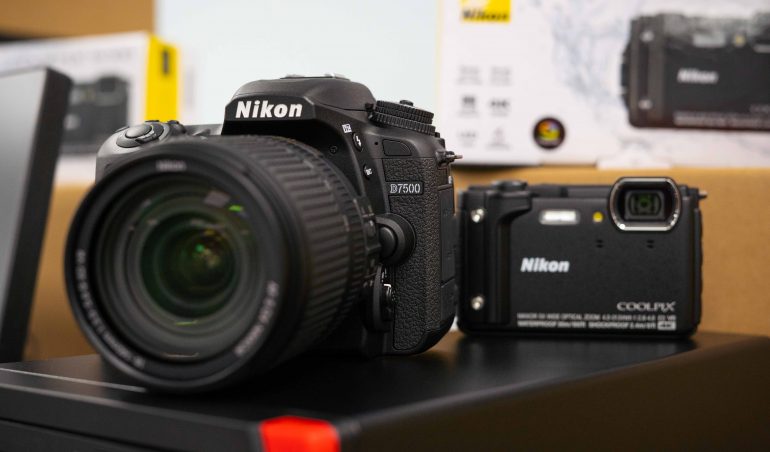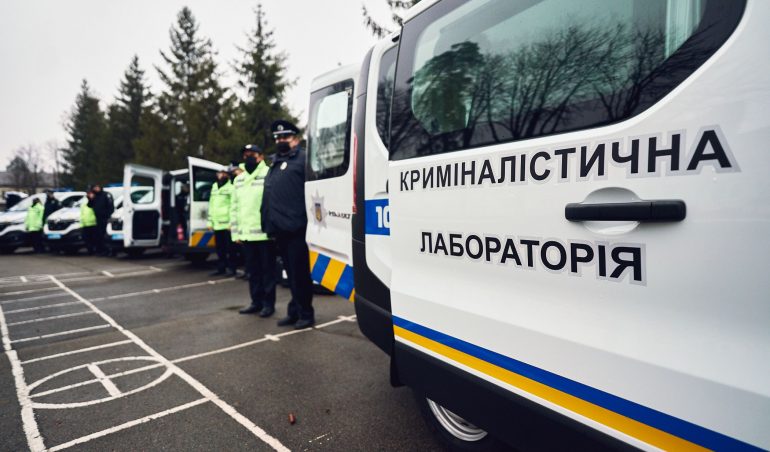Ukraine Enhances Crime Scene Management in the Forensic Process
September 18, 2025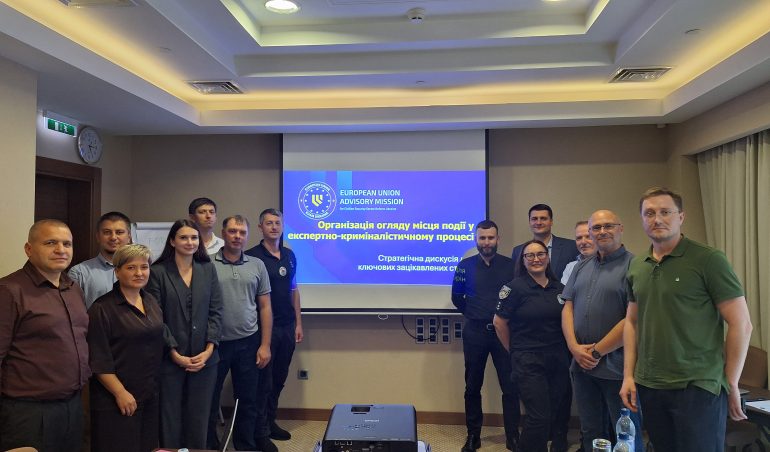
The integrity of crime scene management and forensic evidence directly impacts the fairness, effectiveness, and efficiency of criminal investigations and prosecutions. From the initial moments at a crime scene to the presentation of forensic findings in court, every step must meet strict procedural and scientific standards to ensure that justice is not only done but seen to be done. In Ukraine, improving the forensic process is vital for strengthening public trust in law enforcement and the judiciary, particularly as the country advances on its path towards closer alignment with European norms.
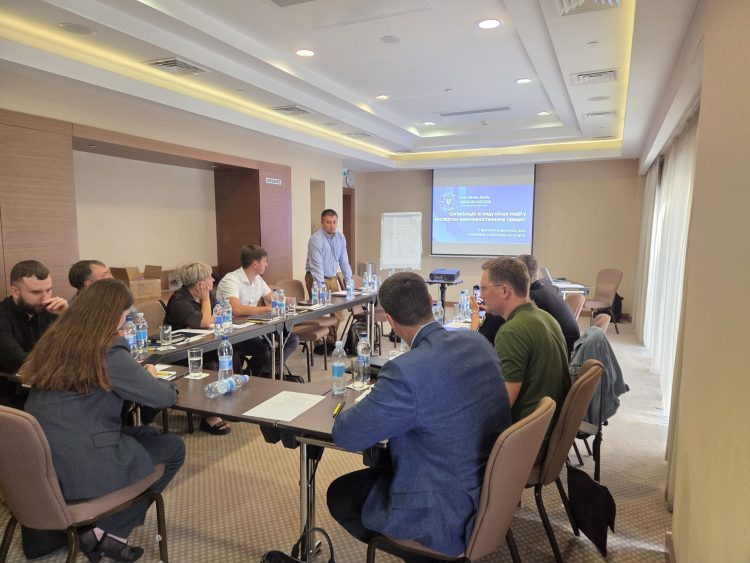
Recognising this need, the European Union Advisory Mission (EUAM) Ukraine gathered experts and practitioners from across Ukraine’s law enforcement, prosecutorial, and forensic communities in Kyiv last week for a round table discussion on crime scene management. Their aim was to assess current national practices and identify ways to harmonise them with internationally recognised standards, notably ISO/IEC 17020 — the benchmark for competent and impartial inspection bodies. By fostering dialogue between the National Police, the Office of the Prosecutor General, forensic medical examiners, and academic institutions, the event created space for frank discussion on gaps, good practices, and opportunities for reform.
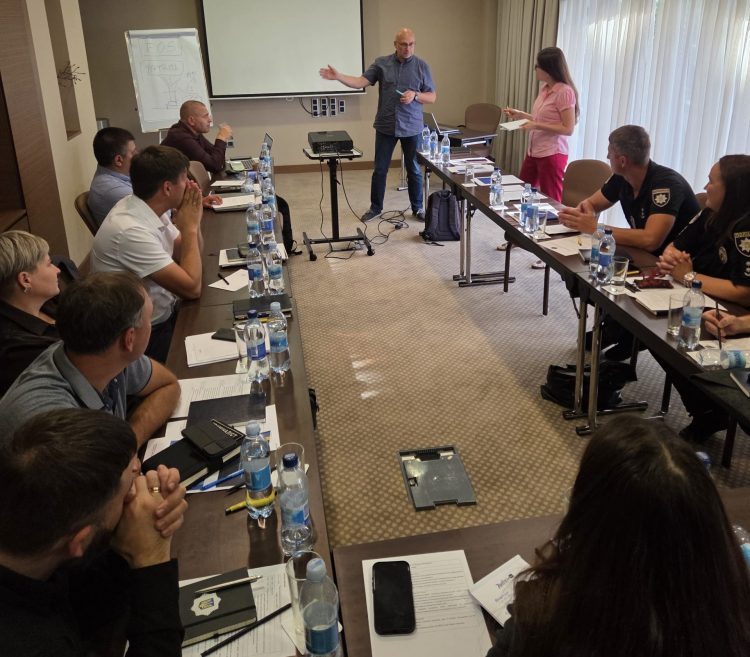
This forum comes at a crucial moment, as Ukraine seeks to modernise its forensic science infrastructure in line with the updated European Forensic Science Area (EFSA 2030) vision. With an emphasis on improving the reliability of forensic results and promoting the responsible use of new technologies, EFSA 2030 builds on earlier EU commitments to establish common minimum standards for evidence collection and analysis. The Kyiv round table marked a meaningful step in translating that vision into practical progress on the ground.
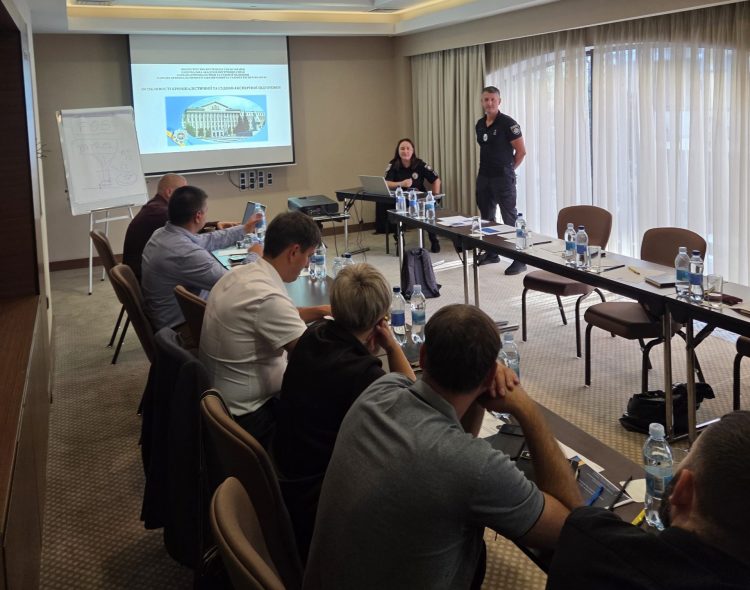
“Ukraine has made important progress in developing its forensic capabilities. Aligning crime scene management practices with European standards will further enhance the quality of investigations, improve evidence reliability, and support effective prosecutions,” said Robert Pracek, EUAM’s Senior Adviser on Complex Crime Scene Analysis.
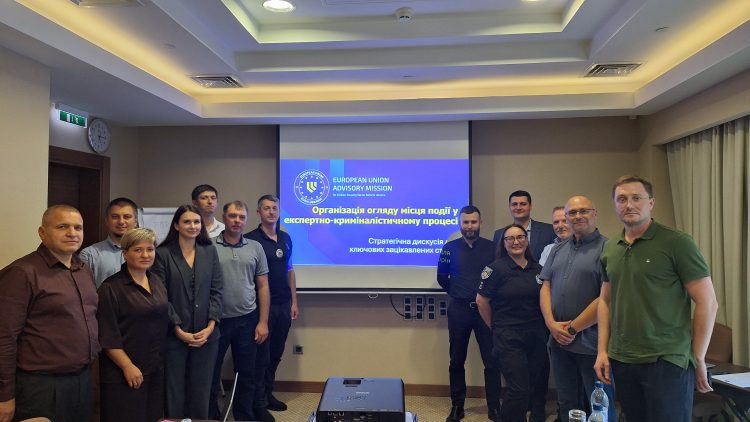
The round table concluded with a shared understanding of the importance of continued cooperation, professional development, and legislative support to improve forensic practices in Ukraine. Participants expressed strong interest in further joint initiatives, including specialised training and pilot projects aimed at strengthening institutional capacity.


